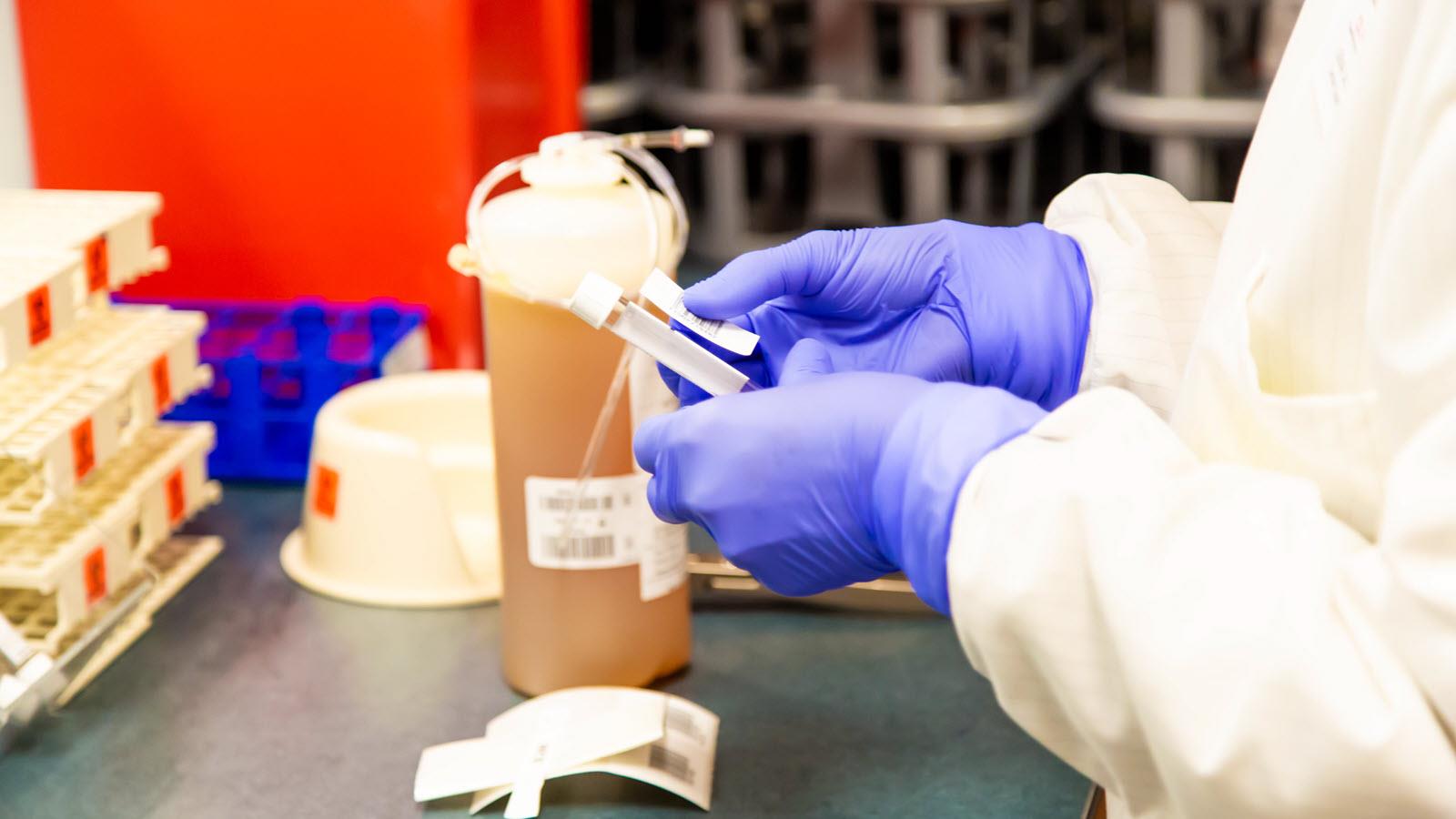When Should You See A Fertility Specialist
:max_bytes(150000):strip_icc()/usa--new-jersey--jersey-city--couple-receiving-advice-from-doctor-in-office-136596058-5b34294146e0fb0037ec0aeb.jpg)
Infertility remains a complex and private subject that many don’t want to discuss, yet it affects many people. Failing to conceive after several years of trying can be overwhelming and heartbreaking. If you’ve been struggling to conceive without success, Houston Infertility treatments provide an individualized approach to enable you to achieve your goals.
Struggling with infertility for years doesn’t mean you can’t have your child. Furthermore, understanding infertility signs, causes, and available treatments is your first step to overcoming it. For this reason, let’s examine the five signs that indicate it’s time you get infertility treatments.
1. Failure to achieve pregnancy for more than two years
Some people assume that getting pregnant is simple for everyone. However, getting pregnant requires your commitment and coordination of care. Although trying for about six months isn’t alarming, you should seek professional help if you’ve tried to get pregnant for over two years.
Typically, if you’ve been having unprotected sex for years, chances are high that you’d have achieved pregnancy. Any different case indicates you may be having underlying health issues. Mostly ovulation disorders or endometriosis could be the reason behind your infertility.
2. Your menstrual cycles are unpredictable
Irregular periods don’t necessarily indicate infertility. However, a lack of regular menstrual cycles can make conceiving difficult. Again, when your period isn’t happening regularly, it may be tricky to know when you’re ovulating.
Irregular and abnormal ovulation accounts for a higher percentage of infertility cases. Abnormal ovulation may include irregular periods, abnormal bleeding, or no period. Therefore, any sign of irregular periods warrants an immediate visit to your OB/GYN.
3. Your period flow is off
If you experience a heavier-than-normal period with severe bleeding, you might exhibit signs of a health problem that points to infertility. Also, heavy menstrual bleeding can signify abnormal ovulation. Typically, this occurs when the progesterone hormone is out of place.
Individuals with hormone imbalance can experience an abnormal amount of heavy menstrual bleeding. This heavy bleeding can be mistaken for a regular period. Therefore, if you notice any change in your flow, don’t hesitate to see your gynecologist.
4. You have a pregnancy-blocking health issue
Certain underlying health problems can block your efforts to conceive successfully. In most cases, fertility returns when these issues are resolved. Still, you may require fertility treatments if your condition persists.
The presence of health conditions like PCOS, uterine fibroids, excessive scar tissue buildup, and endometriosis can hinder fertility. However, routine gynecological exams can help identify these issues before they cause infertility. If you’re diagnosed with these conditions and having trouble getting pregnant, don’t hesitate to seek treatment.
5. You have an excess body and facial hair
Hormonal imbalance is a significant cause of your having trouble conceiving. Again, one of the signs that your hormones are out of whack is excess hair on your face and other body parts. Usually, this indicates that your body has too many androgen hormones in the system.
Unfortunately, excess androgens can inhibit follicle growth necessary for fertilization. If your hormones are out of balance, don’t wait any further but seek immediate specialist intervention. Balancing your hormones will improve ovulation and thus increase your chances of conception.
Many women have benefited from infertility treatments, and you aren’t exempted. With proper diagnosis, your gynecologist will identify what causes your infertility. Henceforth, you will receive customized treatment options to address the condition contributing to your infertility.
Do you suspect you’re struggling with infertility? You’ve no reason to worry since fertility experts are available for you. Schedule your evaluation and treatment session sooner!


